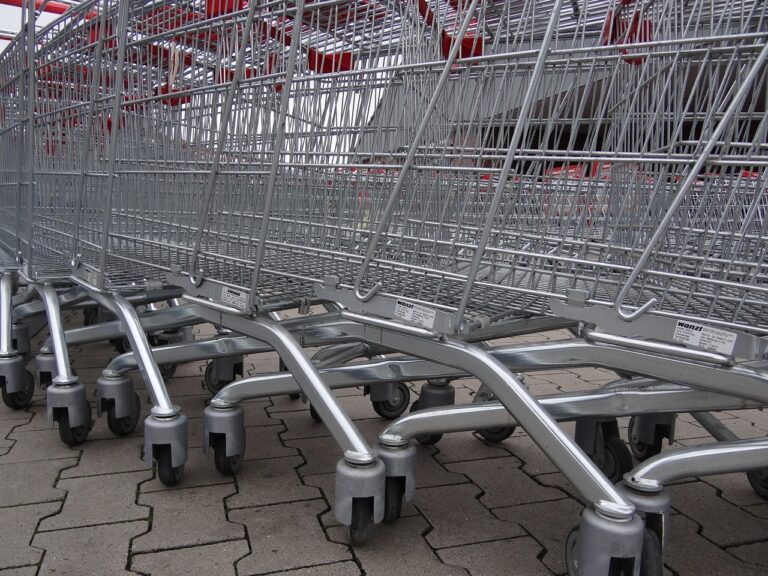The Future of Retail Sustainability: Strategies for Environmental Responsibility
With the rise of e-commerce, brick-and-mortar stores are facing increasing competition to retain customers and stay relevant in the retail landscape. The shift towards online shopping has forced traditional retailers to adapt and improve their in-store experiences to meet the changing expectations of consumers. Moreover, retailers are also grappling with the challenge of balancing their online and offline presence to create a seamless shopping experience for customers.
Additionally, the demand for sustainability and ethical practices in the retail industry poses a significant challenge for many businesses. Consumers are increasingly conscious of the environmental impact of their purchases and are choosing to support companies that demonstrate sustainable and ethical practices. Retailers are under pressure to adopt environmentally friendly initiatives and transparency in their supply chains to meet the growing expectations of socially responsible consumers.
Impact of Climate Change on Retail Sustainability
Climate change poses a significant threat to the sustainability of the retail industry, impacting operations across the supply chain. Retailers are facing challenges related to extreme weather events, disruption of transportation networks, and shifting consumer preferences towards eco-friendly products. These changes have led to increased costs, supply chain complexities, and the need for innovative solutions to mitigate environmental impact.
One of the key issues faced by retailers is the pressure to adopt sustainable practices in production, packaging, and waste management. Consumers are becoming more conscious of the environmental footprint of their purchases, pushing retailers to prioritize sustainability in their operations. Retailers are increasingly investing in renewable energy sources, implementing recycling programs, and sourcing products from environmentally friendly suppliers to meet the growing demand for sustainable products.
What are some challenges faced by the retail industry in terms of sustainability?
Some challenges faced by the retail industry in terms of sustainability include increasing energy costs, supply chain disruptions, waste management, and meeting consumer demand for eco-friendly products.
How does climate change impact retail sustainability?
Climate change can impact retail sustainability by causing disruptions in supply chains, increasing operational costs due to extreme weather events, and changing consumer behavior towards more sustainable products.
What are some ways retailers can address the impact of climate change on sustainability?
Retailers can address the impact of climate change on sustainability by implementing energy-efficient practices, sourcing products from sustainable suppliers, reducing waste through recycling and composting, and educating consumers about sustainable choices.
How can retailers adapt to changing consumer preferences for sustainable products?
Retailers can adapt to changing consumer preferences for sustainable products by offering a wider selection of eco-friendly products, providing information on the environmental impact of products, and engaging in transparent sustainability practices.
What role can technology play in helping retailers improve sustainability efforts?
Technology can help retailers improve sustainability efforts by providing data analytics for better resource management, optimizing supply chains for efficiency, and enhancing communication with consumers about sustainable practices.





